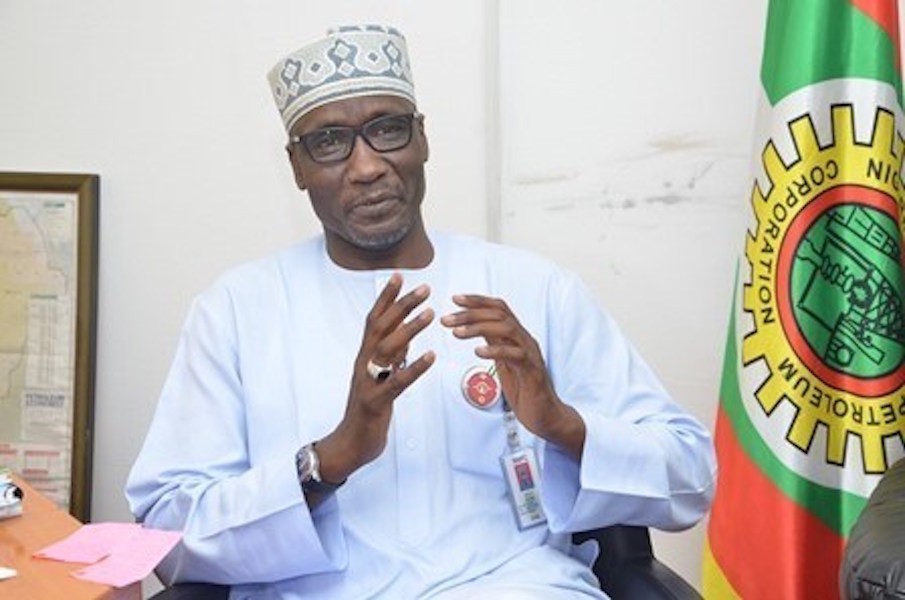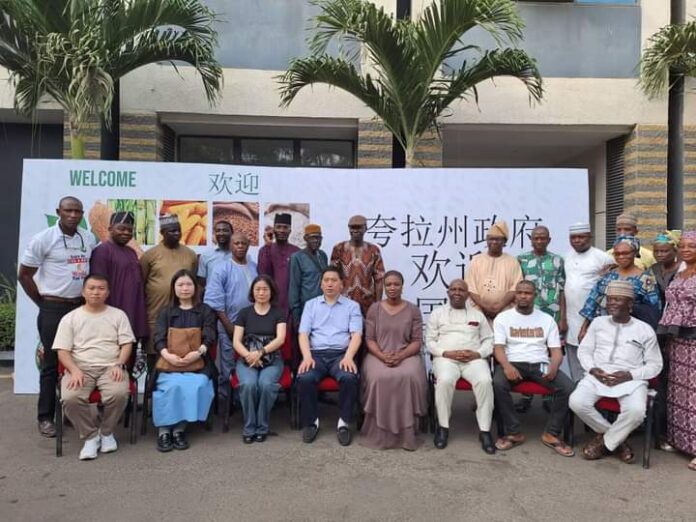Nigeria’s oil industry faces a renewed challenge as the Nigerian National Petroleum Company Limited (NNPCL) seeks the assistance of the Economic and Financial Crimes Commission (EFCC) to tackle the rampant issue of crude oil theft. This development comes amidst growing concerns about the financial losses incurred due to these illegal activities and their impact on the nation’s oil production and revenue generation.

In a recent meeting between NNPCL Group Chief Executive Officer Mele Kyari and EFCC Chairman Ola Olukoyede, Kyari emphasized the severity of the situation. He described oil theft as the “most humongous and virulent economic crime” hindering the oil sector. Kyari pointed to the brazenness with which perpetrators operate and the significant volume of oil stolen daily, highlighting the need for a more robust approach to combating this issue.
He said, “As we continue to do our best to deepen transparency and stamp out corruption from the system, there is one big challenge that you will need to help us with, Mr. Chairman. That challenge is crude theft. It fits into everything you have said — the people, the asset, the opportunity, and the absence of deterrence.
“We have deactivated 6,409 illegal refineries in the Niger Delta region. Today, we have disconnected up to 4,846 illegal pipes connected to our pipelines, that is out of 5,543 of such illegal connection points. That means there are a vast number of such connections that we have not removed.
“These things don’t just happen from the blues. They happen in communities and locations we all know. As we remove one illegal connection, another one comes up. It is sad, Mr. Chairman.”
Read Also: A Shadow over Oil Wealth: Unpacking the $60 Billion Loss in NNPCL Joint Ventures
The NNPCL has already taken steps to address oil theft. According to Kyari, the company has deactivated thousands of illegal refineries and disconnected numerous illegal pipelines within the Niger Delta region. However, the sheer scale of the problem necessitates a broader collaborative effort.
Kyari specifically requested the EFCC’s expertise in investigating and prosecuting those involved in oil theft and its financial networks. This collaboration could prove crucial in deterring future criminal activity and bringing perpetrators to justice.
The financial implications of oil theft are significant. Experts estimate that Nigeria loses billions of dollars annually due to these illegal activities. This not only impacts the nation’s oil production figures but also reduces government revenue generated from oil sales. The stolen crude often finds its way into the international black market, further undermining legitimate oil trade.
The NNPC’s appeal to the EFCC signifies a critical juncture in the fight against oil theft. If successful, this collaboration could potentially lead to a decrease in stolen crude, improve oil production levels, and ultimately boost Nigeria’s oil revenue. However, the effectiveness of this partnership hinges on the ability of both agencies to work together effectively and dismantle the well-established networks behind oil theft.
The development also raises questions about potential weaknesses within the oil sector that have allowed oil theft to flourish. Addressing these vulnerabilities will be essential for long-term success in curbing this economic crime.
The coming months will be crucial in determining the effectiveness of this collaboration between the NNPCL and the EFCC. If successful, it could pave the way for a more secure and prosperous oil industry in Nigeria.






